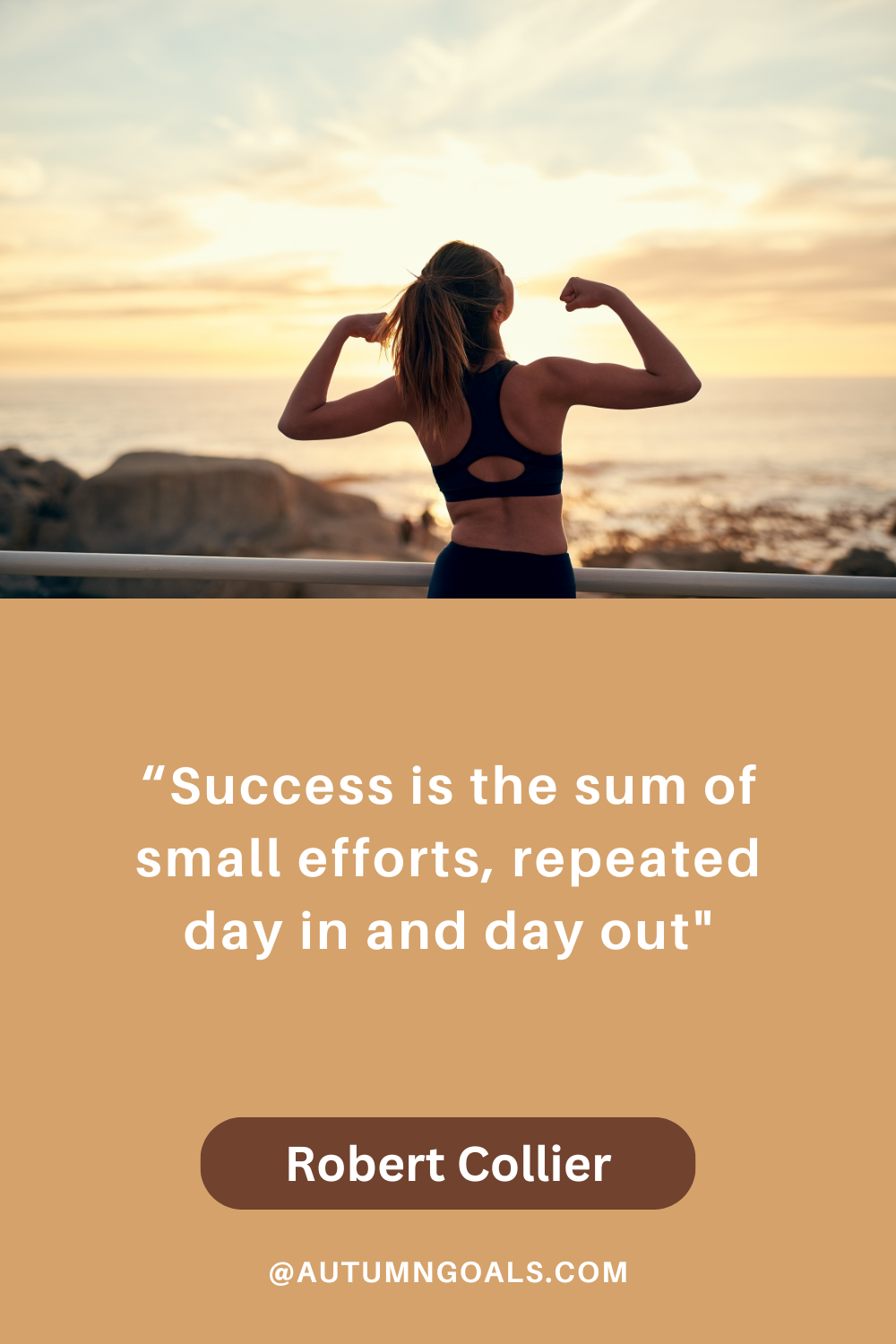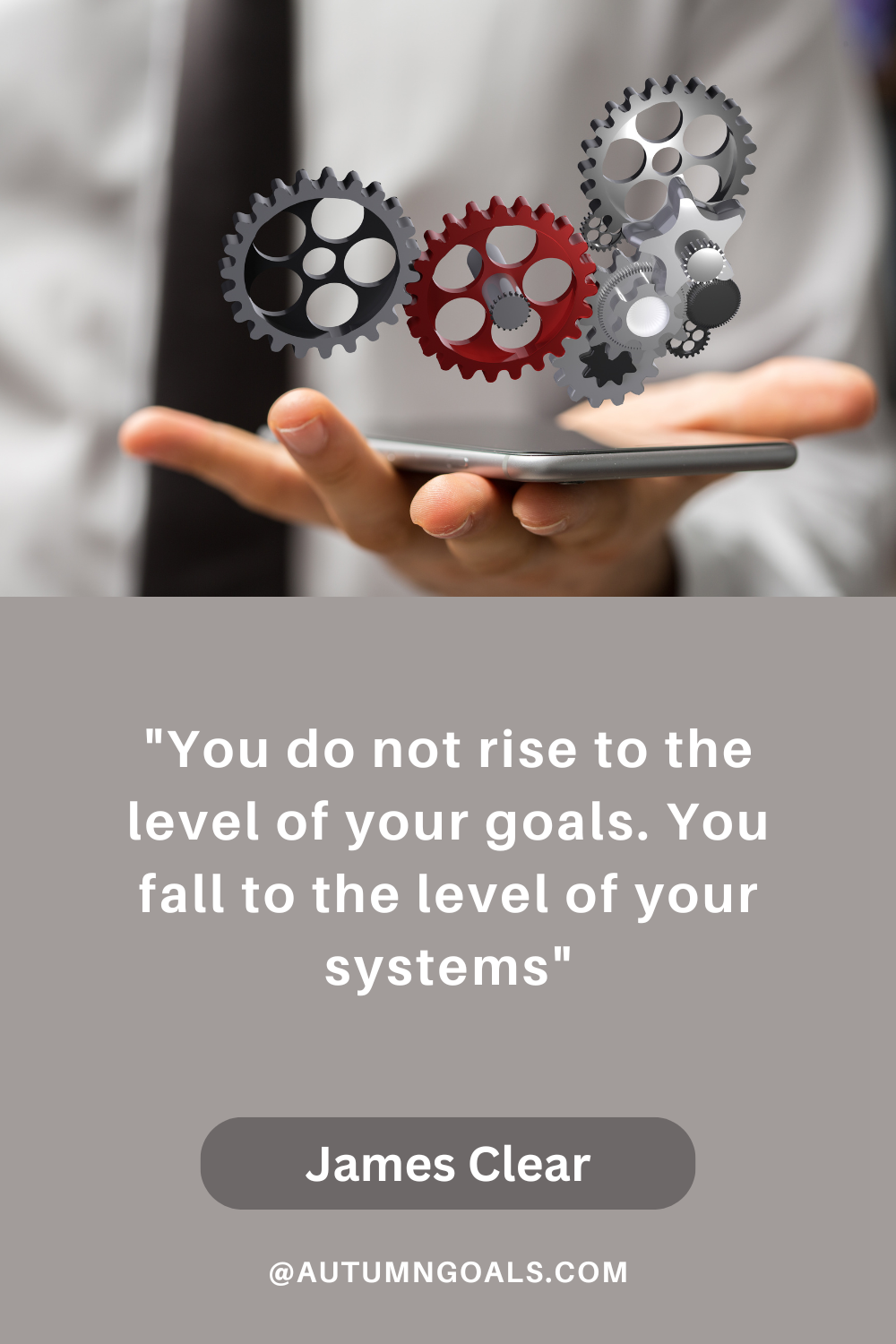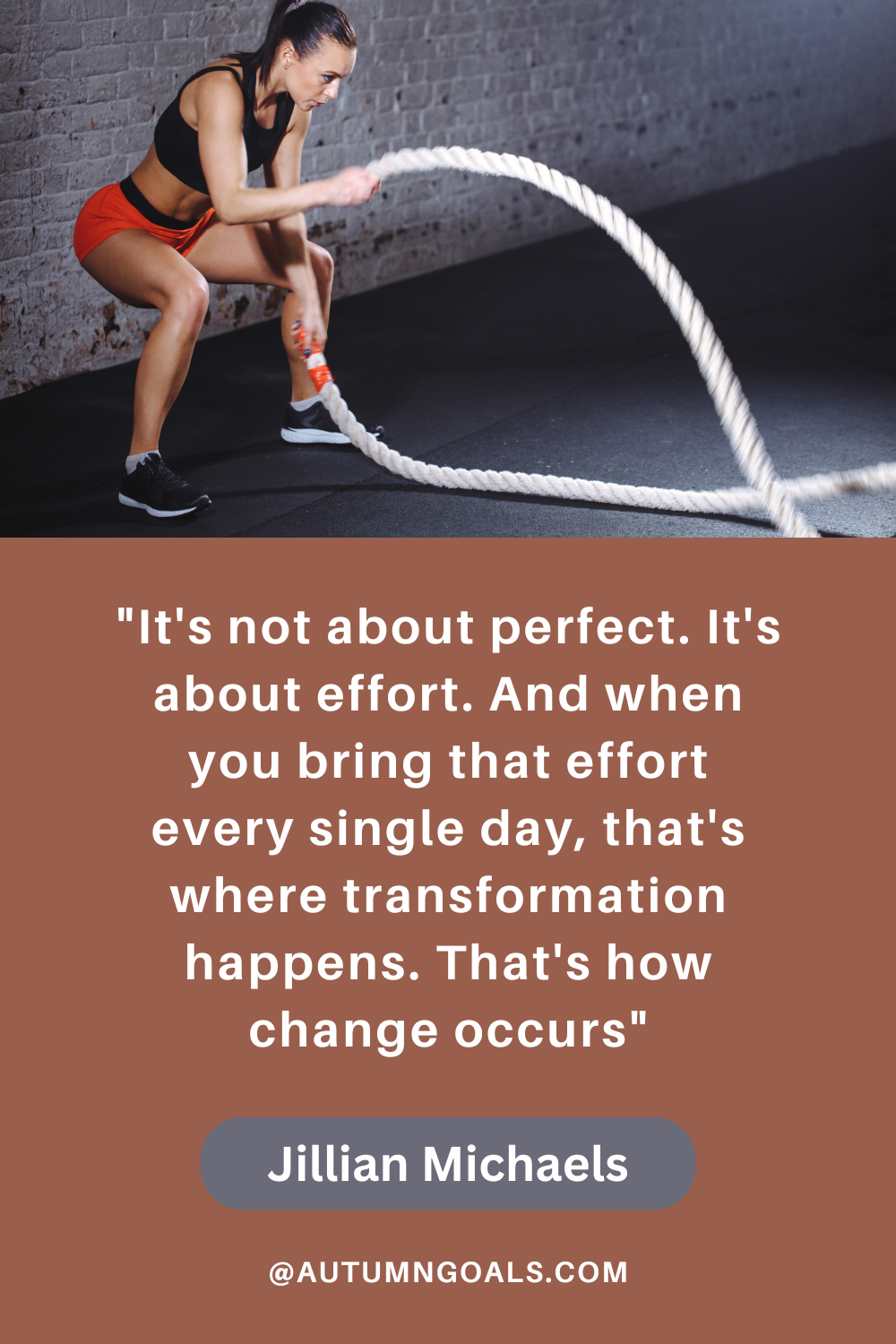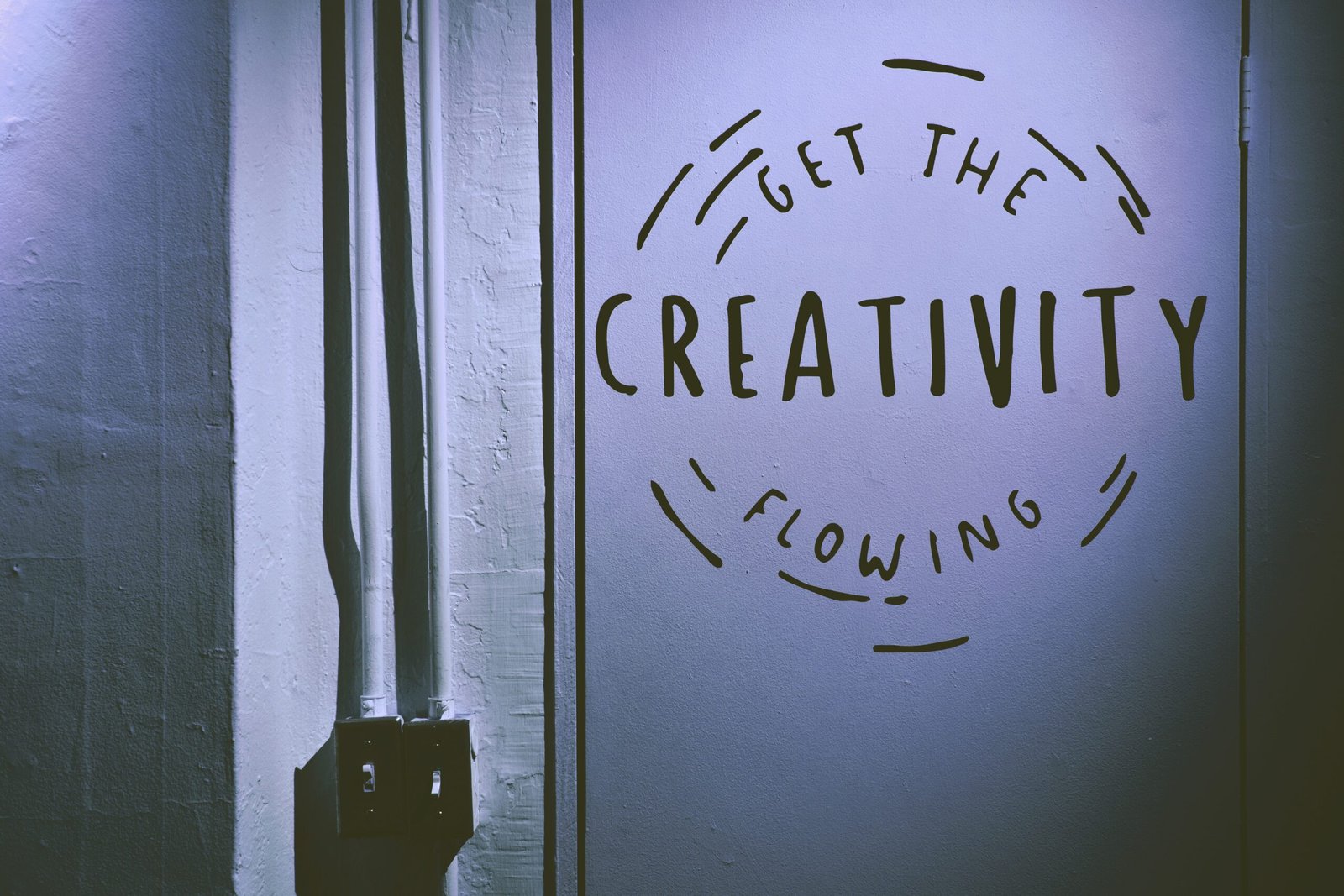How to Build Lasting Positive Habits
September 7, 2024 | by autumngoals.com

Positive Habits Photo by Tamarcus Brown on Unsplash
Building lasting positive habits is important for personal development and self-improvement. Habits shape our lives by influencing our daily actions and decisions. Creating positive habits can lead to a more productive, healthy, and fulfilling life. However, developing these habits requires a strategic approach and persistence.
In this article, we’ll explore effective strategies for building lasting positive habits, supported by insights from renowned personal development coaches and authors.
The Power of Small Steps
Start Small
One of the most effective ways to build lasting habits is to start small. Trying to make a significant change all at once can be overwhelming and often leads to failure. Instead, begin with a tiny, manageable version of the habit you want to develop.
For example, if you want to develop a habit of daily exercise, start with just five minutes a day. As this becomes a regular part of your routine, gradually increase the duration. This approach makes the habit more sustainable and less intimidating.

Focus on Consistency
Consistency is key to habit formation. It’s better to do a little bit every day than a lot sporadically. Regular practice helps reinforce the habit and makes it an automatic part of your daily routine.
Create a system that supports your habit and stick to it. Over time, this consistent effort will lead to lasting change.

The Role of Environment
Design Your Environment
Your environment plays an important role in habit formation. By designing your surroundings to support your desired habits, you make it easier to stick to them. Remove distractions and temptations that can derail your progress. This is so true!
For instance, if you want to eat healthier, stock your kitchen with nutritious foods and eliminate junk food. (Visible candy and cookies are the worst!). If you aim to read more, place books around your home where you can easily see and reach them.
Use Visual Cues
Visual cues can act as powerful reminders to engage in your desired habits. These cues can be objects, notes, or any visual element that prompts you to take action.
Leaving your workout clothes out the night before can remind you to exercise in the morning. Similarly, a sticky note on your bathroom mirror can remind you to practice positive affirmations each day.
Leveraging Motivation
Find Your Why
Understanding the deeper reason behind your desire to build a habit can significantly boost your motivation. Reflect on why this habit is important to you and how it aligns with your long-term goals.
When you have a clear purpose, it becomes easier to stay committed, even when challenges arise. Write down your reasons and revisit them regularly to keep your motivation high.

Use Positive Reinforcement
Rewarding yourself for making progress can reinforce the habit and make it more enjoyable. Positive reinforcement can be in the form of small rewards, praise, or simply acknowledging your achievements.
For example, after completing a week of daily meditation, treat yourself to something you enjoy, like a favourite snack or a relaxing activity. Celebrating small wins keeps you motivated and encourages continued effort. Give yourself a “pat on the back” for progress.
Building Accountability
Share Your Goals
Sharing your goals with others creates a sense of accountability. When you tell friends, family, or a mentor about your habit-building journey, they can offer support and encouragement.
Consider joining a community or group with similar goals. Being part of a supportive network can provide motivation, share useful tips, and help you stay on track.
Track Your Progress
Keeping track of your progress is essential for maintaining motivation and recognizing your achievements. Use a habit tracker, journal, or app to monitor your daily efforts and milestones.
Seeing your progress visually can boost your confidence and commitment. It also helps identify patterns and areas for improvement, making it easier to adjust your strategy if needed.
Overcoming Obstacles
Plan for Challenges
Anticipating potential obstacles and planning how to overcome them can prevent setbacks. Identify common barriers to your habit and develop strategies to address them.
For example, if you know you tend to skip workouts when you’re tired, plan a less intense routine for those days. Having a backup plan ensures you stay consistent, even when things don’t go as expected.
Embrace Imperfection
Perfectionism can hinder habit formation. Understand that setbacks are a natural part of the process, and it’s okay to make mistakes. What’s important is getting back on track after a slip-up.
Forgive yourself for any lapses and focus on your overall progress rather than individual failures. This mindset helps maintain a positive attitude and prevents discouragement.

The Science of Habit Formation
Understand the Habit Loop
Charles Duhigg, author of The Power of Habit, explains the habit loop as consisting of three components: cue, routine, and reward. Understanding this loop can help you intentionally design habits.
- Cue: The trigger that initiates the habit. This can be a time of day, an emotional state, or a specific event.
- Routine: The behavior or action you want to perform.
- Reward: The positive outcome or benefit you receive from the habit.
By identifying and manipulating these components, you can create new habits or modify existing ones to better serve your goals. Create new cues for yourself to practice new routines that move you towards the result you want to achieve!
Use Implementation Intentions
Implementation intentions are specific plans that detail when and where you will perform your new habit. This strategy helps turn intentions into actions by linking the habit to a specific context.
For example, instead of saying, “I will meditate more,” specify, “I will meditate for ten minutes every morning right after I wake up.” This clarity increases the likelihood of following through.
Staying Committed Long-Term
Reflect and Adjust
Regular reflection on your progress and strategies ensures that you stay aligned with your goals. Periodically assess what’s working and what isn’t working, and be willing to adjust your approach as needed.
Reflect on questions like:
- Are my goals still relevant and meaningful?
- What challenges have I faced, and how can I overcome them?
- How can I make the habit more enjoyable or rewarding?
Continuous tweaking towards improvement keeps your habit-building efforts dynamic and effective.
Practice Self-Compassion
Building lasting positive habits is a journey that requires patience and self-compassion. Be kind to yourself, especially during setbacks. Recognize that personal growth is a gradual process and celebrate every step forward.
By treating yourself with compassion, you create a supportive internal environment that fosters resilience and persistence. Consider how much better you are than before you started the habit change…

Ready to Start Building Lasting Positive Habits?
Building lasting positive habits is a transformative journey that significantly impacts personal development and self-improvement. By starting small, leveraging motivation, designing supportive environments, and practicing consistency, you can develop habits that enrich your life.
Remember to stay accountable, plan for challenges, and practice self-compassion along the way. As you cultivate these habits, you’ll experience profound changes that lead to a healthier, happier, and more fulfilling life.
RELATED POSTS
View all



